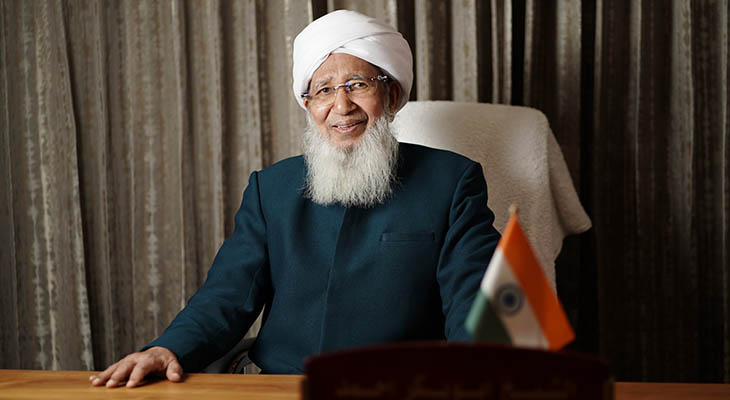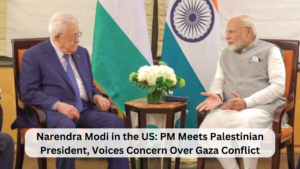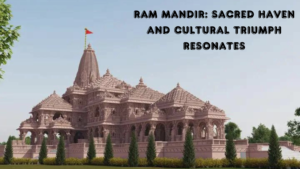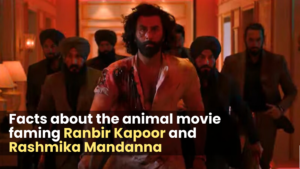Who is Sheikh Abubakr Ahmad The Grand Mufti Who Helped Delay Nimisha Priya’s Execution
Who Is Sheikh Abubakr Ahmad?
- Born as A.P. Aboobacker in Kanthapuram village, Kozhikode district, Kerala (born March 22, 1931)
- Widely known as Sheikh Abubakr Ahmad or Kanthapuram A.P. Aboobacker Musliyar.
- Honorifically recognized as the 10th Grand Mufti of India—a preeminent Sunni (Shāfiʿī) cleric—appointed in February 2019 by the All India Tanzeem Ulama‑e‑Islam.
Religious and social leadership:
- Serves as General Secretary of both the All India Sunni Jamiyyathul Ulama and Samastha Kerala Jem-iyyathul Ulama.
- Founder/Chairman of the Markaz Knowledge City, a sprawling educational and cultural township near Kozhikode, supporting medical and law colleges among other institutions.
Scholarship & influence:
- Educated at the prestigious Baqiyat Salihat Arabic College in Tamil Nadu.
- Authored more than 60 works in Arabic, Urdu, and Malayalam, and regularly features among “The 500 Most Influential Muslims”
- Recognized internationally—e.g., received Malaysia’s hijra Award in 2023.
A Life of Education, Humanitarianism & Peace
Markaz Knowledge City & Jamiul Futuh:
- His flagship institution, Markaz Knowledge City, hosts CBSE schools, colleges, cultural centres and the Jamiul Futuh mosque, inaugurated in 2022 as Kerala’s largest mosque.
Humanitarian & social outreach:
- He’s earned the title “Abul Aytam” (Father of Orphans), overseeing thousands of orphans across India and abroad, and leading numerous welfare and interfaith initiatives.
- Has been a vocal opponent of extremism, issuing a fatwa against IS and advocating education as a barrier to radicalism.
Public engagement & interfaith work:
- Frequently invited to major Sunni gatherings globally (e.g. Grozny 2016), and known for pragmatic diplomatic positions—critiquing India’s CAA/NRC in 2019–20, urging peaceful acceptance of the Supreme Court’s Ram Janmabhoomi judgment.
The Critical Intervention in Yemen: Nimisha Priya Case
Background
- Nimisha Priya, 37, a nurse from Kerala, was sentenced to death in Yemen for the 2017 killing of her business partner, Talal Abdo Mahdi, in Sanaa.
- She recalled suffering abuse from Mahdi, including passport withholding and physical threats. Her defense argued the killing was accidental, a conclusion not accepted at trial.
- Her final appeal was dismissed in 2023, and execution was scheduled for July 16, 2025 .
Last-Minute Mediator
- Sheikh Abubakr Ahmad—regardless of Nimisha’s religious faith—intervened swiftly, contacting Yemeni scholar Sheikh Habib Umar bin Hafiz, a close Sufi ally.
- He emphasized Islamic law on Dawat al-Diyāh (blood-money), urging the victim’s family to consider clemency instead of capital punishment.
Execution Postponed
- Following dialogue involving Yemeni judicial and tribal leaders, the victim’s family agreed to a brief four‑hour stay on July 16, buying crucial time for negotiations.
- Sheikh Abubakr confirmed holding official documents notifying the postponement and that the Indian government and PMO had been kept informed .
Excerpt from his statement:
“Islam has another law. If the murderer is sentenced to death, the family of the victim has the right to pardon… Islam is a religion that places a lot of importance on humanity.”
Why His Role Matters
Religious Diplomacy
- By contacting international Sufi networks, Sheikh Abubakr leveraged religious diplomacy to circumvent bureaucratic delays, directly appealing to tribal and religious adjudicators in Yemen.
Humanitarian Vision
- His leadership in advocating clemency and blood-money reflects a humanitarian, justice-centered approach within Islamic jurisprudence—prioritizing human life across faith and nationality.
Expanding Influence
- The case underscores how non-state religious authorities can significantly influence legal outcomes in foreign jurisdictions—especially where Sharia law and tribal norms intersect with diplomatic efforts.
Broader Impact & Continuing Efforts
- The postponement has reignited negotiations focused on blood-money and final pardon. Religious leaders continue engaging the family and Yemeni judiciary.
- His actions show how transnational religious solidarity and networks can act quickly in crisis.
- It also bolsters confidence in interfaith and humanitarian appeals, hinting at a growing role for spiritual diplomacy apart from formal state channels.
Shaping a Legacy
Educational & Religious Reform:
- His commitment to integrating modern secular education within Islamic frameworks—through Markaz and Jamia—is shaping a more informed, peace-oriented Muslim youth.
Advocacy for Harmony:
- As a respected voice in global Sunni discourse, he has fostered inter-communal respect in India and beyond—promoting coexistence, tolerance, and pluralism.
Crisis Leadership:
- The Nimisha Priya case highlights his capacity as a hands-on leader—mobilizing faith-based diplomacy to preserve life in dire legal and political circumstances.
Conclusion
Sheikh Abubakr Ahmad isn’t merely India’s Grand Mufti by name, but a dynamic figure blending scholarship, humanitarian insight, and religious statesmanship. In one of his most dramatic interventions, he leveraged Islamic legal traditions and global religious networks to defer the execution of Nimisha Priya in Yemen—potentially initiating a path toward her complete pardon.
His actions reflect a model of faith in action, where religious authority transcends borders to uphold universal human values. While the final outcome remains pending, his role offers a powerful example of what compassionate spiritual leadership can achieve—even in the most extreme, life-and-death situations.












